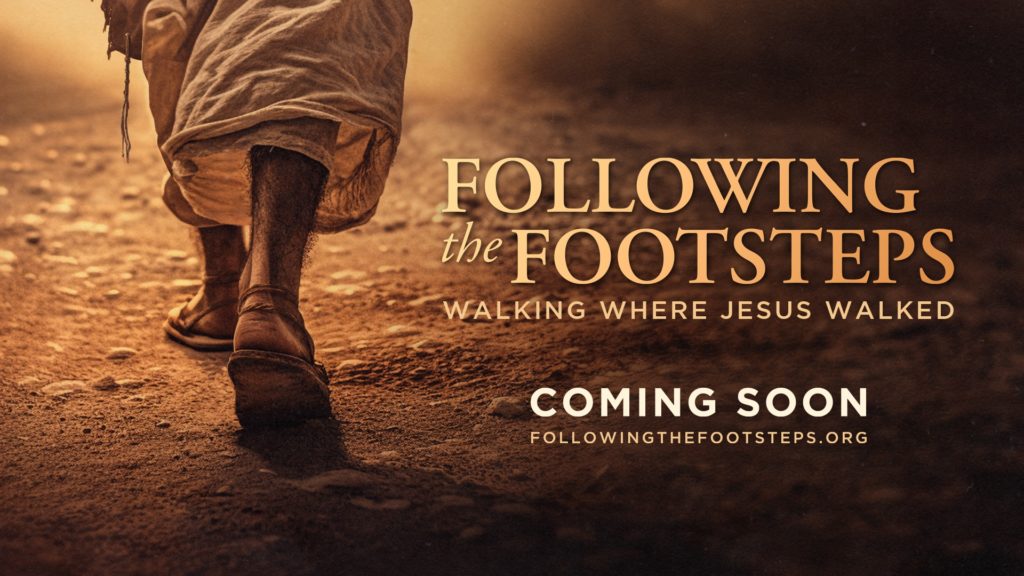2024 Fall Fundraising Letter

September 2024
ASTOUNDED BUT NOT SURPRISED
Dear Friends in the Savior-King –
I found myself fluctuating between being astounded and not surprised when a friend of Lutheran CORE told me of her synodical bishop’s presentation to her ELCA congregation. When asked about the ELCA’s recent DEIA (Diversity-Equity-Inclusion-Accessibility) audit and how it might impact the future of congregations and the report and recommendations from the Commission for a Renewed Lutheran Church, the synodical bishop said that he did not know about the DEIA audit until recently. When the friend of Lutheran CORE challenged him on his statement inasmuch as the audit was the result of official church action, cost who knows how many tens of thousands of dollars, was presented to the ELCA Church Council in November 2023, has been reviewed by the Commission for a Renewed Lutheran Church, and is available to everyone online, she was cutoff. I really question the honesty and integrity of any ELCA synodical bishop who claims that he or she had not been aware of the audit until recently.
Another friend of Lutheran CORE told me that his synodical bishop tried to minimize the audit by saying that in his synod the recommendations from the audit will never become requirements. Why should we believe that?
In the September issue of our newsletter, CORE Voice, I have written regarding the work of the Commission for a Renewed Lutheran Church. Again, I am astounded (but not surprised) that while the ELCA Churchwide Assembly that called for the formation of the Commission was held in August 2022, it was not until July 2023 that the Commission held their first meeting, and now more than half of the time has passed between their first meeting and the time when they need to present their report and recommendations first to the Conference of Bishops and then to the Church Council. At the beginning of the process a lot of people used grand and glorious language to describe what they hoped would come forth out of the Commission, but the written summaries of their meetings only speak in generalities and are completely non-informative. In my article I suggested two possible reasons. First, they are just spinning their wheels; they are not getting anything done; they do not know how to make grand and glorious ideas into reality. Or second, they are purposefully not telling us what they are doing. They do not want to create chaos and turmoil until the end. Again, how can you trust the honesty and integrity – and/or the competence – of a Commission that functions like that?
I was astounded but not surprised when I watched the livestreams and recordings of the evening sessions for the ELCA’s Youth Gathering this past July. As expected, the young people attending were totally indoctrinated in the LGBTQ+ agenda, transgender and non-binary ideology, and the virtue of being social justice warriors. The only time when Jesus was mentioned in the Video Summary of the gathering was when the bishop of the host synod said that Jesus calls us to challenge systems of oppression. Certainly, the Old Testament prophets like Amos and Micah call us to “do justice,” but does the ELCA really believe that the main message and mission of Jesus and the Church is to challenge systems of oppression? What was equally astounding (but not surprising) was how quickly the recordings of the evening sessions were taken down from the internet. The only conclusion that I can come to is that the ELCA does not want us to know what was “pumped into the minds” of the young people.
As we have promised, we will continue to keep you informed about whether traditional views and those who hold them will continue to have a place of respect in the ELCA’s revised human sexuality social statement, as well as about the work of the Commission for a Renewed Lutheran Church and the place of DEIA ideology in the Renewed Church.
But as we do all that we will continue to provide resources and support for confessional Lutherans who hold to the authority and reliability of the Bible. We will continue to offer on our website worship resources such as prayers and hymn suggestions, daily devotions, weekly lectionary-based Bible studies and children’s messages, and video reviews of books and on topics of interest and importance. In addition we will continue to support the local and cross country mission trips of River’s Edge Ministries in Mt. Airy, Maryland, and the NEXUS program of Grand View University. We will continue to have a support group for seminarians and young people considering going to seminary, and we will continue to offer our Congregations in Transition and Congregational Lay Leadership Initiative ministries for churches that are between pastors that are still hoping to call a pastor as well as churches that are realizing that there will possibly or even probably not be a seminary-trained, ordained pastor for them to call.
A new ministry, which was described in our September newsletter, is our series of webinars for pastors and lay leaders and members of congregations. The first one is scheduled for Wednesday, September 25 and is entitled “Planning as a Paradigm Shift.” Future webinars are being planned and will provide inspiration, encouragement, and practical ideas for leadership and ministry.
Thank you for your prayers and your faithful and generous financial support, which enable us to continue to do our work of being a Voice for Biblical Truth and a Network for Confessing Lutherans. Please find below a link to a form which you can use to let us know how we can be praying for you.
The apostle Paul wrote to the Philippians, “I thank my God every time I remember you, constantly praying with joy in every one of my prayers for all of you” (Philippians 1: 3-4). That is how we feel about you.
Blessings in Christ,
Dennis D. Nelson
Executive Director of Lutheran CORE








